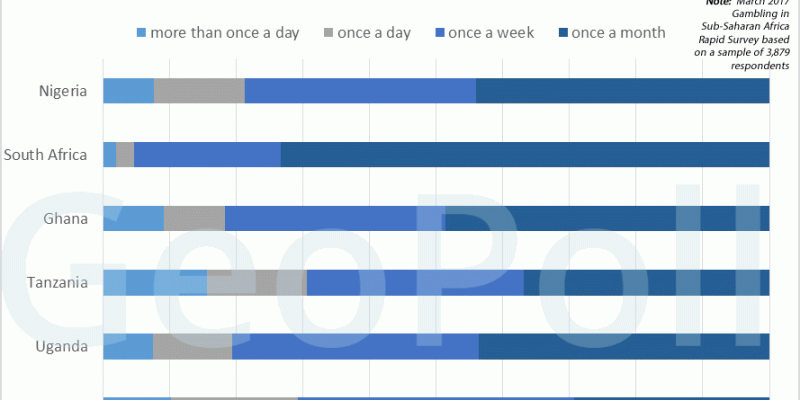Kenya was poised to go all-in on betting. New undersea cables had cut the cost of internet access, M-Pesa offered a fast and secure payment system, and loosely regulated third-party apps linked to M-Pesa meant bettors melbet kenya could wager even when their accounts were empty.
Kirwa took advantage of the opportunity. He launched a business called SportPesa, offering a sleek online interface that allowed customers to fund their accounts using M-Pesa and then place bets on soccer matches around the world.
Mobile Money
Across Africa, mobile money has been hailed as a major force for financial inclusion, encouraging savings and democratizing access to credit in places where banks had failed. But this success has also made it easier than ever for low-earning young people to squander their hard-earned cash.
The Kenyan market is no different. A decade ago, Safaricom, an early adopter of the service and part of the UK-based Vodafone group, developed M-Pesa to enable Kenyans to make transactions through their smartphones. The platform grew quickly in a country with low bank penetration, allowing Kenyans to deposit and withdraw money whenever they wanted.
Similarly, the availability of mobile money means that betting has become an accessible and widespread activity. Indeed, a survey by US research firm GeoPoll found that 84% of Kenyan youth polled had indulged in betting. The majority do so via their mobile phones. This makes it possible to deposit and withdraw money at online casinos at any time, increasing the appeal of gambling for many Kenyans.
Betting Firms
The popularity of betting firms in Kenya has defied a crackdown by the government and stiff taxes. However, the Kenyan government could attract more big names in this sector with a more flexible tax model.
In addition to offering quick and easy access to money, betting companies provide a plethora of benefits for the local economy. These include paying tax revenue, creating jobs, and providing sports and cultural activities. However, betting also comes with a dark side. Many individuals become addicted to betting and end up losing significant amounts of their income.
In order to curb addiction, betting firms must promote responsible gambling and work with stakeholders to create a healthy gambling environment. In addition, the introduction of new digital products, such as cryptocurrency and foreign exchange platforms, may sway some bettors toward alternative hustles. Moreover, the growing popularity of these betting apps has exacerbated existing economic disparities. This has created resentment among different social classes and fueled social discord.
Legality
The growth of gambling in Kenya is attributed to several factors, including a favourable regulatory framework and technological advancements. However, it is important to acknowledge the potential for gambling-related harms and take a systemic approach to designing appropriate interventions. This may involve collaboration between different stakeholders and a deeper understanding of the cultural contexts in which gambling occurs.
The popularity of betting in Kenya is fueled by the nation’s affinity for football, which accounts for 83% of all bets. Additionally, a high level of smartphone ownership and improved internet connectivity have increased accessibility. This has helped to boost the industry’s momentum and position it as one of the top online gaming/betting markets in Africa.
In spite of its success, the industry faces a number of challenges, including regulatory oversight and economic barriers. This requires close collaboration between stakeholders to ensure that the industry operates responsibly and safely. In addition, a clear set of regulations must be established to protect users from fraud and other fraudulent activities.
Regulation
As Kenyans increasingly rely on digital financial services, they have also become increasingly inclined to place bets. However, as a recent paper on the link between digital banking and gambling shows, betting behaviour is linked to undesirable outcomes for credit repayment and welfare.
The rise of M-Pesa and a host of third-party apps that can be accessed via the service has fuelled the growth of betting. In a country where most residents lack bank accounts, M-Pesa’s low transaction fees and the availability of free and cheap smartphones have made it easy for even poor Kenyans to bet on sports and other events.
A number of studies show that gambling can have a range of negative effects on consumers’ lives, from addiction to economic loss. However, Kenyan authorities seem to be focusing on getting taxes from the industry rather than developing strategies to prevent its harmful consequences. As a result, dingy betting parlours continue to thrive across the country while dwindling employment opportunities make many Kenyans desperate for an imagined quick fix.
DISCLAIMER: This article is sponsored and does not substitute for professional advice or help. Any action you take based on the information presented in this article is strictly at your own risk and responsibility.
Feature image: supplied






Comments